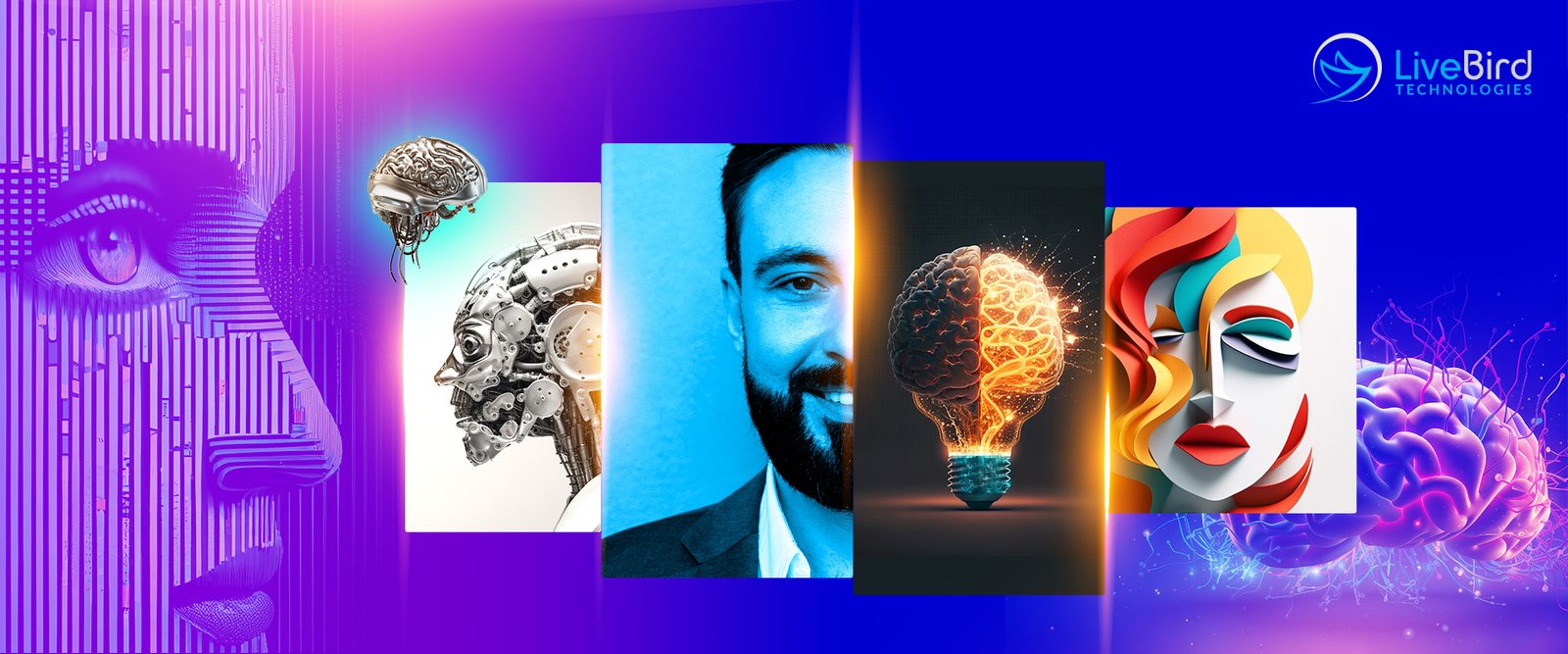Does AI increase the productivity/creativity of humans or decrease it?
First, we will discuss how AI increase the productivity of human and then discuss the impact of AI on human.
- Automation of Repetitive Tasks: AI is excellent at tackling tedious and repetitive jobs, freeing humans to work on more strategic and creative projects. Robots powered by AI can handle repetitive activities in the industrial and customer service sector in a significant way, so in this way, humans can focus on other strategic work and save time.
- Data Analysis and Decision-Making: Compared to humans, AI algorithms can analyse enormous amounts of data much faster. With this capability, organisations and individuals may quickly and accurately make data-based decisions, thus increasing the productivity of humans and saving time.
- Personalised Recommendations: As seen in streaming services, e-commerce platforms, and social media, AI-driven recommendation systems increase user productivity by offering content, goods, or services catered to specific tastes, saving users time and effort while looking for the needed information.
- Augmented Creativity: AI can improve human creativity by producing ideas, offering different options, and assisting writers, artists, and designers discover new possibilities. AI-generated narrative, music, and other artistic mediums have demonstrated the potential of human-AI collaboration.
AI’s Impact on Human Creativity:
- Over-dependence on AI: Over-reliance on AI may decrease human productivity and creativity. Humans can decrease their decision-making power and thinking skills if they are over-dependent on AI. So it is necessary to maintain the balanced use of AI as Aid rather than as a replacement.
- Bias and Ethical Concerns: The AI system works on data provided by a human, which may carry inherent biases. If those biases remain or are not repaired, they will pose potential obstacles to productivity.
Conclusion:
As per the above discussion, AI has some good benefits in increasing human productivity or creativity; on the other hand, it also has some critical impact on human creativity. Humans can focus on higher-level, creative pursuits by automating repetitive tasks, enabling better decision-making, and optimising resource allocation. The risk of overreliance, job displacement, and ethical concerns must be addressed to ensure the seamless integration of AI into our lives. So it is in our hands to make better use of AI in our tasks and consider it an Aid, not a replacement.






